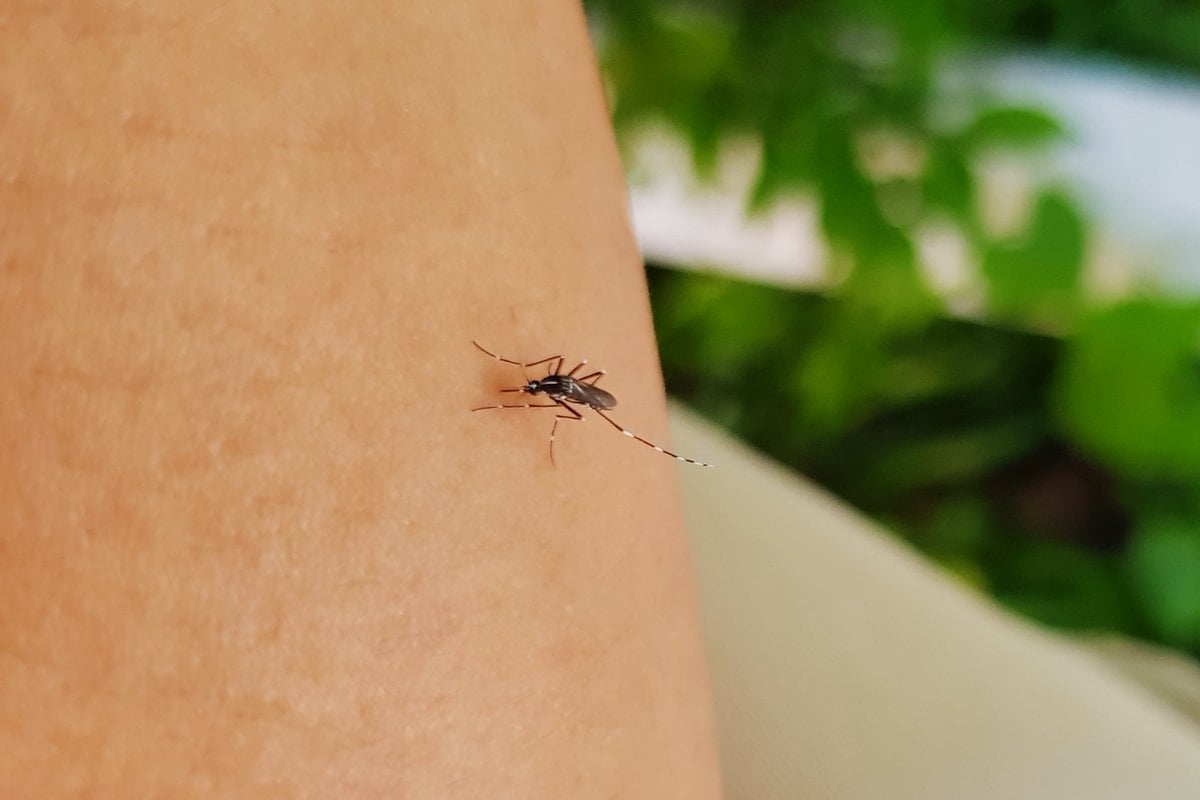
Just when we thought we've heard enough about viruses, a new one has been cropping up in the news.
The Japanese encephalitis virus has been spreading across our country's east coast, being passed to humans via mosquito bites.
As of March 14, there are currently 18 confirmed cases of the virus here in Australia, including seven in Victoria, six in New South Wales, four in South Australia and one in Queensland.
But where did this mosquito-borne virus come from? And how concerned should we actually be?
To find out, Mamamia's news podcast The Quicky, spoke to two experts in infectious diseases about what we need to know about Japanese encephalitis.
Here's what they told us.
Where did Japanese encephalitis come from?
Before we get into where the Japanese encephalitis virus came from, lets go over what it actually is.
Japanese encephalitis is a disease caused by the rare tropical Japanese encephalitis virus (also known as JEV), which is spread to humans by mosquito bites.
"This is a virus that's different to SARS," Professor Jason Mackenzie, International expert on flavivirus and norovirus replication and pathogenesis at the Peter Doherty Institute for Infection and Immunity told The Quicky.
"This is a virus that's more related to Dengue virus, which many people in Australia have heard about. And also Zika, which sort of hit the headlines around 2015, 2016. So it's one of these viruses that is transmitted by mosquitoes."
